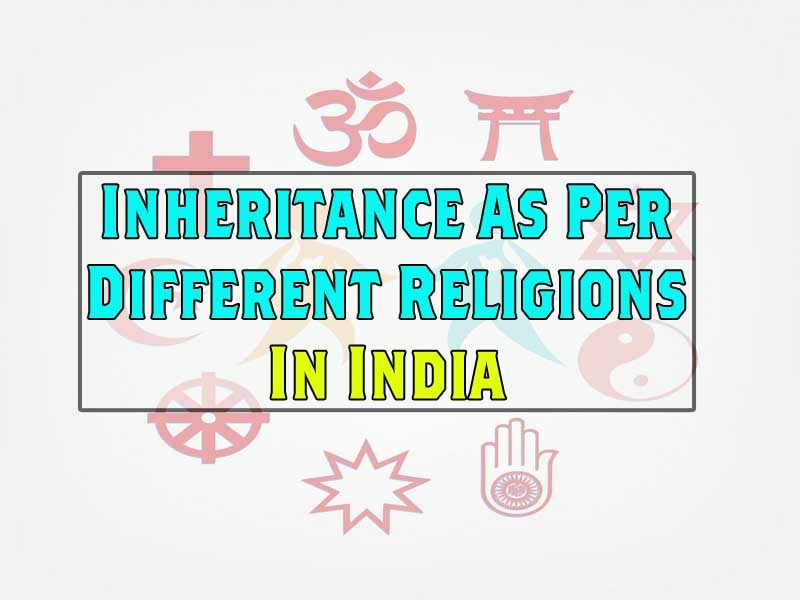Inheritance is the practice of transferring property, titles, debts, rights, and obligations to the legal heir of a person upon the death of that person either by way of ‘Will’ or through the prevalent laws of succession. The regulatory laws of inheritance differ among societies as per their religion and have revolved over time.
There is no bigger pain than losing a loved one especially a family member, however, the same can get miserably painful in case there is a family dispute with respect to the inheritance of property. The same arises because of deficiency of legal knowledge on property inheritance in India. According to reports, deficiency in legal knowledge is the principal reason for family partition and therefore, it is critical to recognise the prevalent property inheritance rights of legal heirs to minimise the pain of loss of a loved one.
Considering how priceless real estate assets are currently, it is quite naturally important for legal heirs to safeguard the property asset after the death of the person in whose name the property was registered. Legal heirs must go through legal formalities to acquire the ownership of that property.
Legal formalities to get the property transferred may differ depending upon the nature of the property, legal heirs’ rights over the property, the number of legal heirs and many others etc.
Inheritance in Hindu Religion
- After the death of a Hindu person, all his properties and possessions will be divided equally among his wife & children.
- If the son dies before father, then the son’s share of property will be given to his wife & his children.
- Supreme Court has passed an order that if a Hindu husband remarries while the first wife exists, then the Second wife is not eligible for inheritance. But the child borne out of second marriage is eligible for inheritance.
- Hindu Female’s property will be inherited by her husband & her children. If any of her son dies before her death, then the children of the Son will get a share of the property.
Inheritance in Muslim Religion (Shiya & Sunni)
There are different laws for Shiya and Sunni. But following laws are common in both:-
- One third of all the property and possessions left after meeting out funeral expenses and payment of other loans can be distributed as Legacy.
- Male successor gets the double of a Female Successor.
- If the son is alive as a successor then the grandson cannot be given the share.
Inheritance in Christian Religion
Properties and possessions inherited by Indian Christians are allocated under Succession Act. People marrying under Special Marriage Act, Europeans in India, Anglo Indians or Yahudi’s also fall under this Act.

